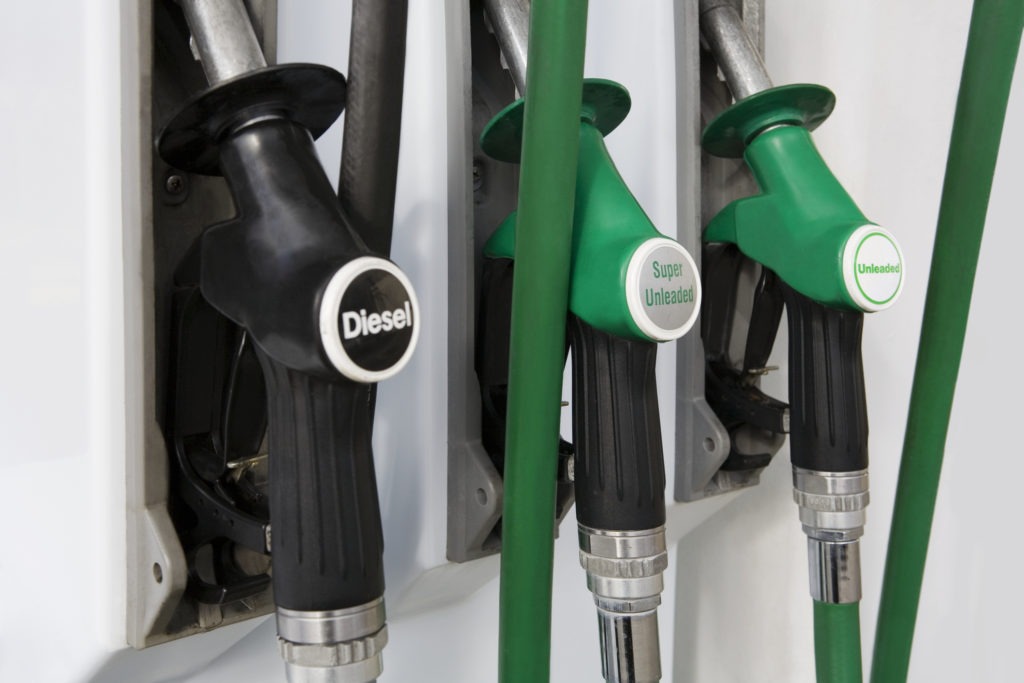SUVs to blame for UK CO2 rise as committee comments on Road to Zero
17 July 2018

17 July 2018
The UK’s Committee on Climate Change (CCC), an independent government watchdog, has suggested that the rise in SUV sales is to blame for increasing CO2 levels.
The announcement forms part of the committee’s response to the Road to Zero plan, the country’s roadmap for banning the sale of petrol and diesel vehicles by 2040, which was announced last week. Overall, it believes the plans fall short of their expectations of tackling emissions from vehicles, although it commends the paper in various areas.
When it comes to SUVs, the CCC states: ′The popularity of SUVs is cancelling out emissions savings from improvements in technology, with potentially serious implications for meeting the UK’s carbon budgets.’ It believes that the paper does not go far enough to halt the rise in sales of the popular models.
Figures previously released by the Society of Motor Manufacturers and Traders (SMMT) show SUVs have average CO2 emissions of 141.3g/km. A typical small family car, such as the Volkswagen Golf, emits 115.8g/km.
Speaking to The Times, Mike Hawes, chief executive of the SMMT, says the market was driven by consumer tastes: ′SUVs are an increasingly popular choice, valued for their style, practicality, a higher ride and commanding view of the road.’ He added that recent models have become cleaner, reducing CO2 emissions by 20% in the last five years.
Plan reaction
The CCC believes Road to Zero is positive in its intention to provide continuing financial support for Ultra-Low-Emission Vehicles (ULEVs) to foster the emerging market for EVs and to incentivise people to choose electric vehicles over conventional cars. The committee also commends the report on new measures to tackle emissions from HGVs and the commitment to improving the availability of charging infrastructure, including ensuring new build homes are electric-vehicle ready and installing charging infrastructure in new lamp posts in areas with on-road parking.
However, it also believes the report has a lack of clarity over the stated aim to end the sale of conventional cars and vans in 2040. Leaving open the possibility of sales of conventional hybrids and very short range plug-in hybrids in 2040 and following years is inconsistent with the UK’s climate change commitments. It believes that to meet the Government’s stated goal of every car and van being zero emission in 2050, only pure battery electric vehicles and long-range plug-in hybrids can be sold after 2035, enabling the majority of journeys to be completed in electric mode. This is a stance that the motor industry disagrees with due to the need for further development and therefore higher costs.
Lord Deben, chairman of the Committee on Climate Change, said: ′Overall, Road to Zero falls short of our expectations. The Committee had hoped for a ground-breaking Strategy to tackle emissions from transport – now the most polluting sector of the UK economy. Road to Zero has not risen to the task. We commend the ambition to ramp up the number of electric vehicles on our roads by 2030, and the new charging infrastructure in homes and streets, but there are plenty of missed opportunities too. Relying on the private sector to effect the shift to zero-emission vehicles by 2040 is risky, we had hoped for greater clarity on Government actions to back this up and to ensure plug-in hybrids sold in the UK travel further in electric mode on a single charge.’